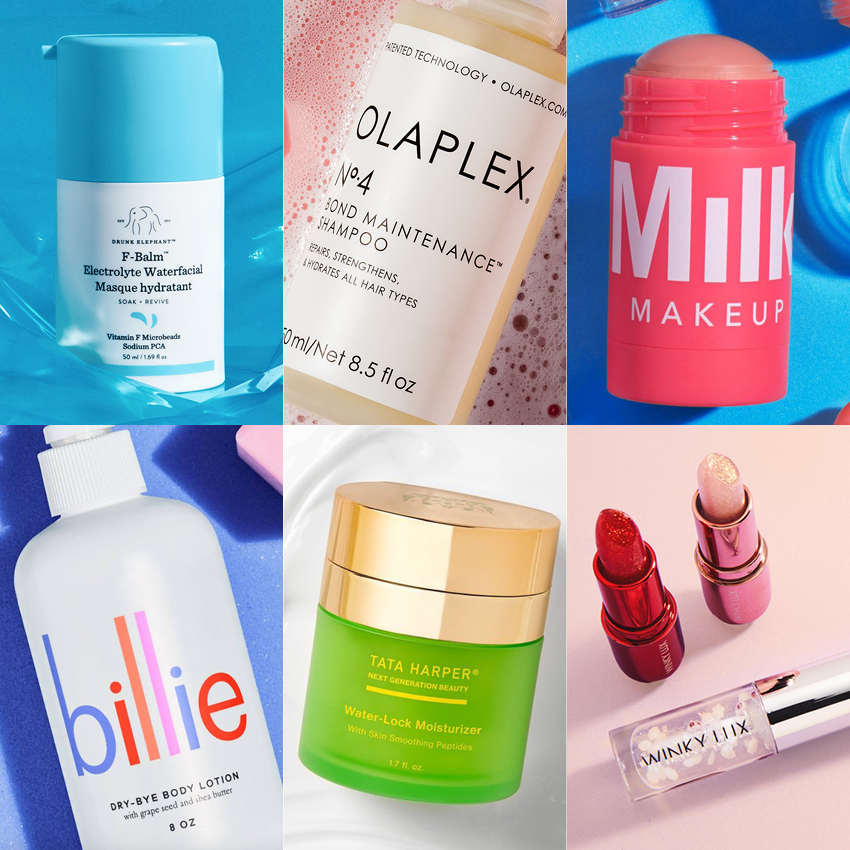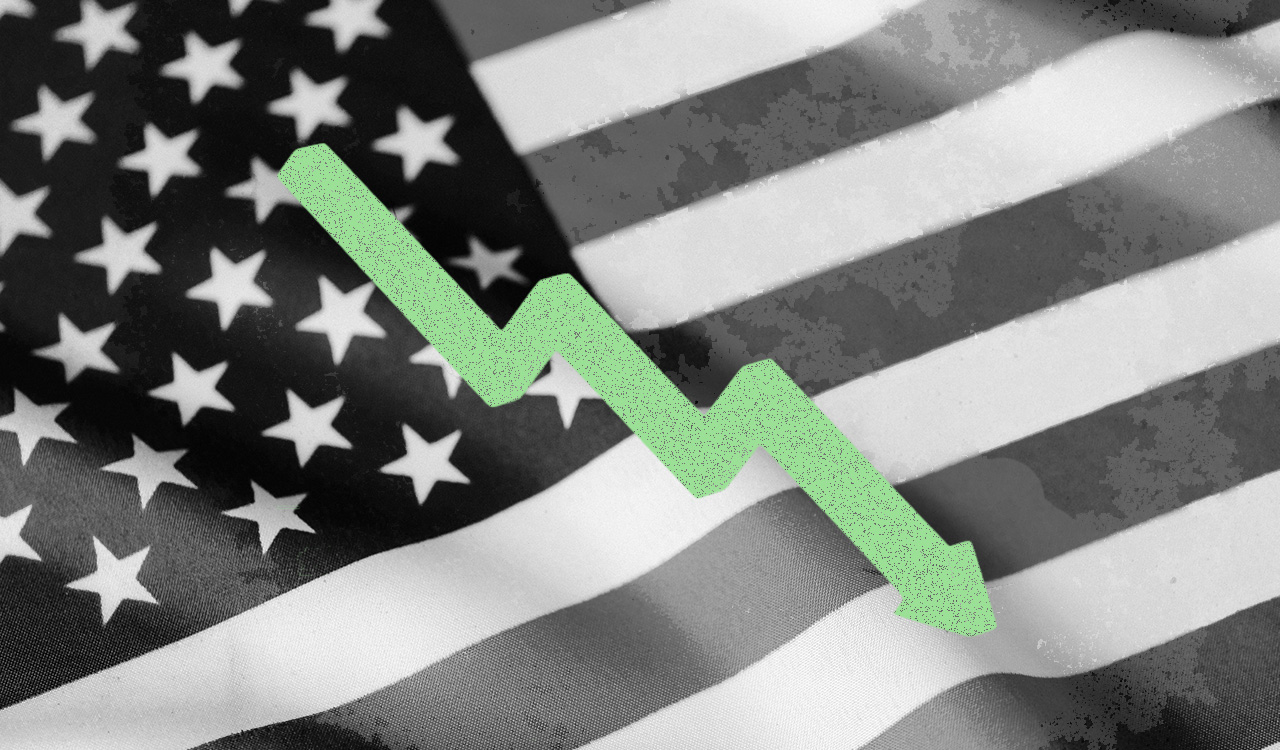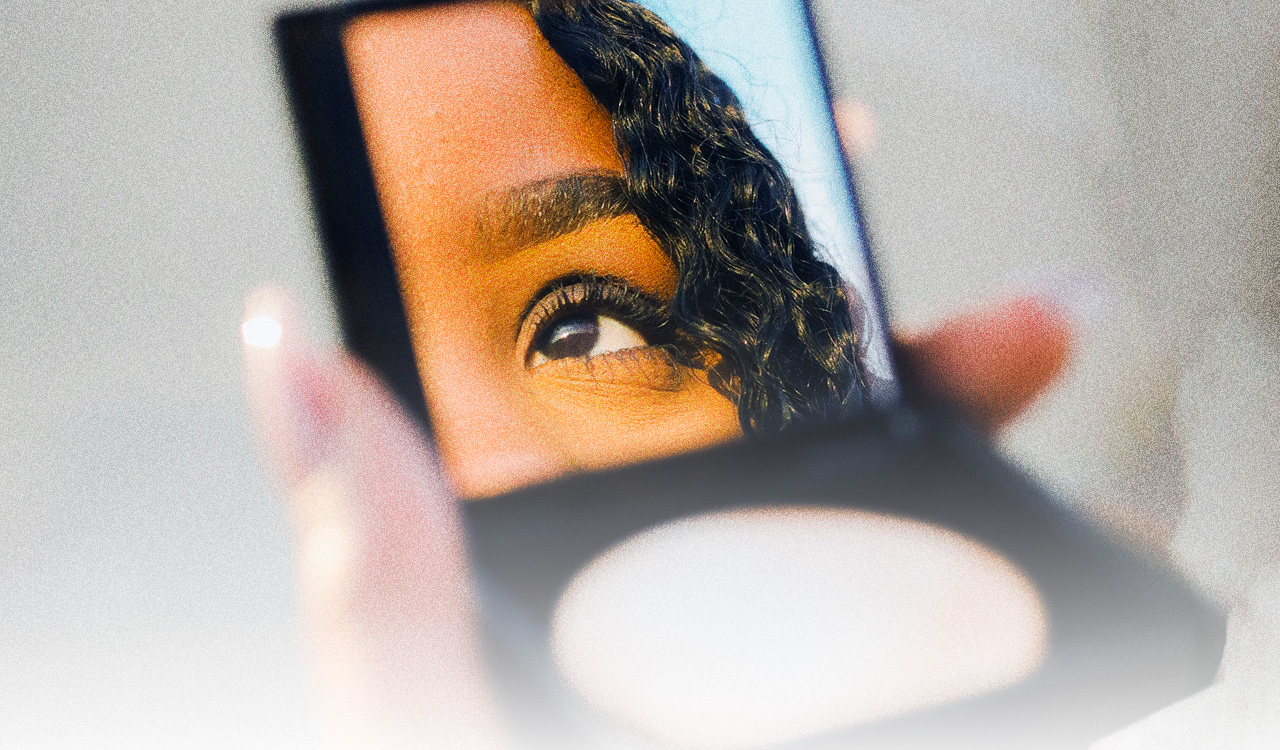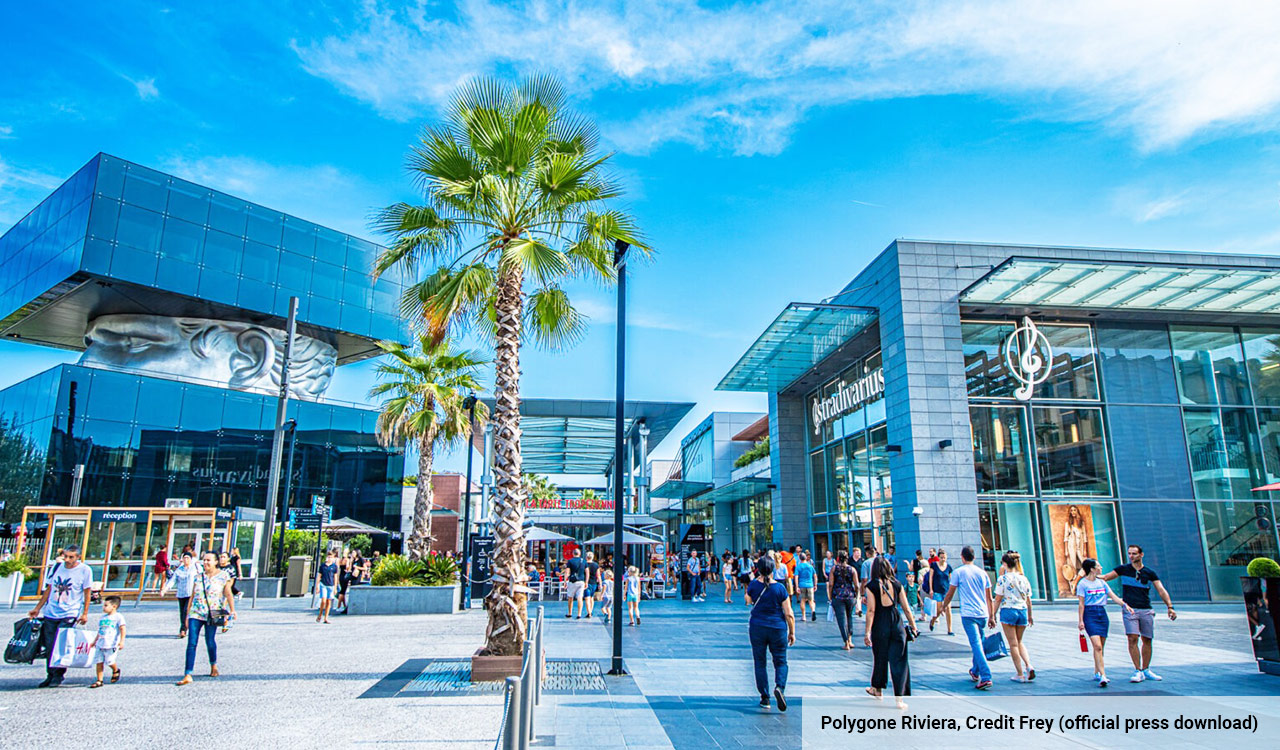As a beauty journalist who came of age in the 1990s, I was shocked and a little sad to see that Perricone MD, a proto \”doctor brand\” that made its debut during that era, recently changed hands for a mere $60M. When unicorns and \”near-unicorns\” (my very unofficial term for brands approaching the billion-dollar mark) like Morphe, Charlotte Tilbury and Drunk Elephant are fetching $2.2B, $1B and $845M, respectively, it\’s easy to feel like any majority stake or outright acquisition that doesn\’t reach at least the $100M mark has fallen short.
Once-Hot Perricone MD Loses the Spotlight
For all I know, dermatologist Nicholas Perricone could be positively thrilled with the all-cash offer his well-respected but not particularly buzzy brand received from London-based The Hut Group. After all, Perricone MD, which was established in1997, has been bought and sold a few times since the private equity firm TSG Consumer Partners first took a stake in 2006.
Still, at the end of 2019, when UK buyout firm Lion Capital began exploring a sale of Perricone MD after five years of ownership, it was expected to command in the ballpark of $200M. No matter how you slice it, $60M is a far cry from $200M.
[callout]Even if the pandemic has taken the air out of the acquisition balloon of recent years, deals are still happening.[/callout]
Did Covid put the kibosh on the most recent sale of Perricone MD? I\’m sure at least partially, although Barcelona-based Puig\’s purchase of a majority stake in Charlotte Tilbury went down in June, well after the pandemic had taken root.
Regardless of Tilbury\’s luck in landing such an ardent suitor, there\’s little doubt that the world economy is on seriously shaky ground right now; per the International Monetary Fund, global growth is projected at -4.9 percent for 2020. That means the over-heated beauty M&A market of the past few years will surely cool off.
In other words, Morphe-level deals might be in our rearview mirrors for a while. If that\’s the case, let\’s look at what\’s currently poker hot – and what\’s poker not — on the beauty mergers and acquisitions scene.
The New M&A Landscape
Even if the pandemic has taken the air out of the acquisition balloon of recent years, deals are still happening. Here, a look at five solid trends in beauty M&A.
1. It\’s not all about the end product.
Brand incubators are hot, my friends. That\’s why it makes all the sense in the world that Bain Capital Private Equity would snap up a majority stake in Maesa, a powerhouse in developing high quality but affordable brands for such leading retailers as Target, Walmart, Sephora, Ulta and Dollar General. Some very beloved private label product lines, including Kristin Ess Haircare and Flower Beauty by Drew Barrymore, crafted for Target and Walmart, respectively, were created on Maesa\’s watch. Another highly successful incubator – Luxury Brand Partners, which develops brands in the haircare space such as R+Co and IGK and sold its Oribe line to Kao Corp. in 2017 for a whopping $400+M – also recently received a $50M cash infusion from Bookend Capital Partners to keep doing what it\’s doing. And on the private label front, Traub Capital recently scooped up Long Island-based contract manufacturer Mana Products, the secret weapon of a huge swath of well-known beauty companies.
2. More than ever, brands have to stand for something.
Speaking of incubators, can we talk about the Female Founders Fund? Established in 2014 to try to correct for the paltry amount of VC money that goes to women-founded brands (we\’re talking 2 percent of a $100B+ market), Female Founders Fund has backed a growing portfolio of beauty companies, including the Gen Z-beloved, \”joyful\” makeup line Winky Lux; Billie, the \”female-first\” shave brand; Manicube, an on-demand manicure service targeting office dwellers; and RadSwan, which has been described as \”the Glossier of the Black hair market.\” And funny I should mention Glossier: in the wake of the massive racial tension the U.S. has experienced this year, Glossier announced a $500,000 grant initiative in March, to be carved up among 12 deserving, Black-owned beauty companies. To qualify for funding, brands have to not only illustrate their key points of difference from the competition, but also show Glossier how they \”aspire to broaden the conversation about beauty and lead with purpose.\”
3. Clean + luxury = winning formula.
If the whopping sum Shiseido shelled out for Drunk Elephant is any indication, there\’s clearly a market for brands that really nail the \”clean luxury\” ethos. Think: great textures, sharp packaging, and premium ingredients that harm neither us nor the planet. Other brands in this space currently attracting investor interest are skincare darling Tata Harper and two gender-neutral, millennial-centric color brands, Milk Makeup and Kosas.
4. Salon-based haircare is having a moment.
Earlier I mentioned the hefty sum Kao Corp. doled-out for Oribe, a truly stellar, pure-luxury salon-based brand. More recently, the private equity firm Advent International acquired the wildly popular Olaplex, a professional line of products – shampoos, conditioners and specialized hair oils – that purport to strengthen and repair bonds that have been broken due to chemical processing and heat damage. A celebrity fave, Olaplex has found its way into many an Instagram caption. And in what is surely the biggest recent deal in the salon-brand sector, in May of this year, Coty offloaded a majority stake in Wella and Clairol to KKR for an estimated $4.3B. That\’s some pretty serious coin.
5. Older legacy brands are up for grabs (and good luck selling them).
I opened this column on a sad note (the sale of the once red-hot Perricone MD for virtual peanuts). So, in the interest of symmetry, why not end it the same way? For some reason, the fact that Revlon, with the help of Goldman Sachs, has been \”exploring strategic alternatives\” since August 2019 and still hasn\’t found a happy new home makes me a little melancholy. Talk about a glorious heritage brand; to me, Revlon epitomizes classic American beauty. But is that old-school glamour – sans a real raison d\’être, à la clean luxury or gender neutrality — what the younger customers want these days? My Magic 8 Ball tells me that\’s \”Very Doubtful.\”




